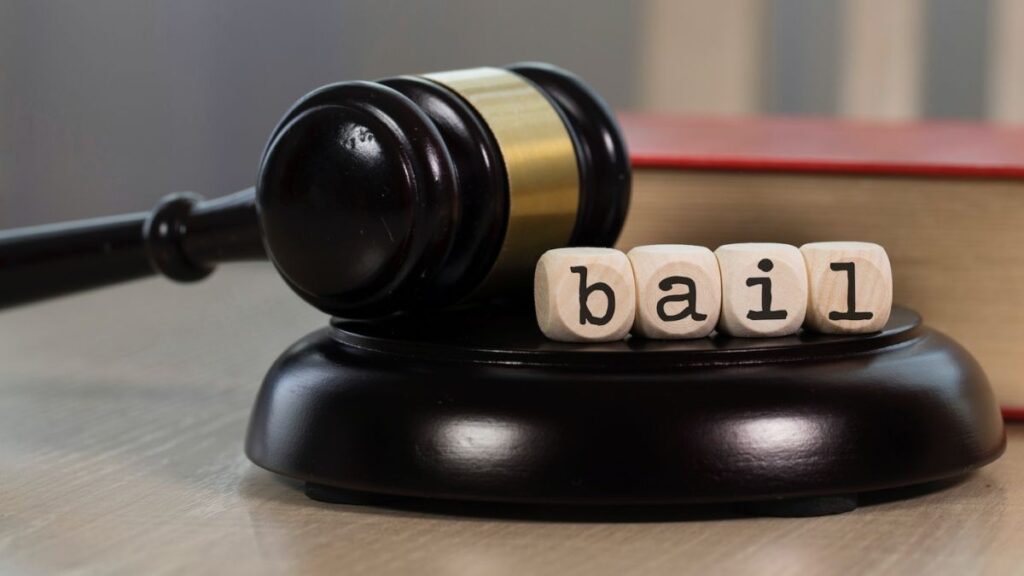
An unconditional bail is a form of bail that is much simpler than other forms of bail bonds. These bonds provide financial assurance that the defendant will show up at all of their court dates and appearances. If you are unsure of this type of bail, you may want to read this article first.
It is A Financial Guarantee
A defendant who has been arrested can either request unconditional or conditional bail to get out of jail. Unconditional bail bonds are more expensive than conditional bail. It requires a financial guarantee that the defendant will appear at court hearings. The amount is usually higher, and the defendant must post collateral, such as real estate, to secure release. A judge will decide which property will serve as collateral.
Usually, the judge will set bail based on the circumstances of the case. The defendant can post bail either in cash or through a bail bond agent. The bail bondsman will charge a fee based on state statutes and require collateral. Once posted, the defendant is released from custody. The judge will then decide what conditions to place on bail.
When the court releases a defendant on bail, it usually imposes “conditions of release.” These conditions vary depending on the crime for which the suspect was arrested. For example, if the suspect is accused of domestic violence, their bail may require them not to contact their victim. If the suspect refuses to meet these conditions, they may be arrested and returned to jail.
It is Simpler than Other Types of Bonds
Unconditional bail bonds are less complex than other types of bail bonds because they are based on the charges of the accused person. The person may only have a minor charge and poses no threat to others. They also qualify as first-time offenders. Unconditional bonds have no conditions; however, it is essential to know that they still have to appear in court and maintain good conduct after release.
You may be granted a bail bond if you are arrested and cannot afford to pay bail. A bail bonds company will secure an appearance bond for you. The appearance bond will secure your future court hearings. The bail amount is generally cheaper than unconditional bail, but there are some restrictions. However, if you are at a low risk of flight or danger, you may be given the option of two types of bail bonds.
Depending on the nature of your case, an immigration bail bond is easy to understand. This type of bail bond is made easier to obtain for non-US citizens. The process is very similar to a regular bail bond, except that the person arrested is a non-US citizen.
It Can be Reduced or Released on Your Recognizance
In some cases, unconditional bail bonds can be reduced or removed altogether. The court will review your criminal history and other factors, including the severity of the charges. If you are not accused of a crime, a judge may consider the case on your recognizance if you have demonstrated exemplary behavior in the community and ties to the area. In these cases, your attorney can help you make the case in court.
In some instances, conditional bail is the only option. This is a good option if your bail is set at a low amount. The court can also lower or remove your bail if you appear in court and meet all the requirements. You may have to return the bond if you skip a court appearance, but the court can increase your bail amount and release you on your recognizance if you meet the conditions.
If your bail is reduced, you can choose an unconditional one. However, these bonds usually come with certain conditions, which the judge may not deem appropriate. You can be arrested again if you do not comply with these conditions. However, you may be able to opt for conditional bail if the conditions are reasonable and beneficial to your case. For example, if you are arrested for driving under the influence of alcohol, the judge will not release you unless you have completed a drug test.





